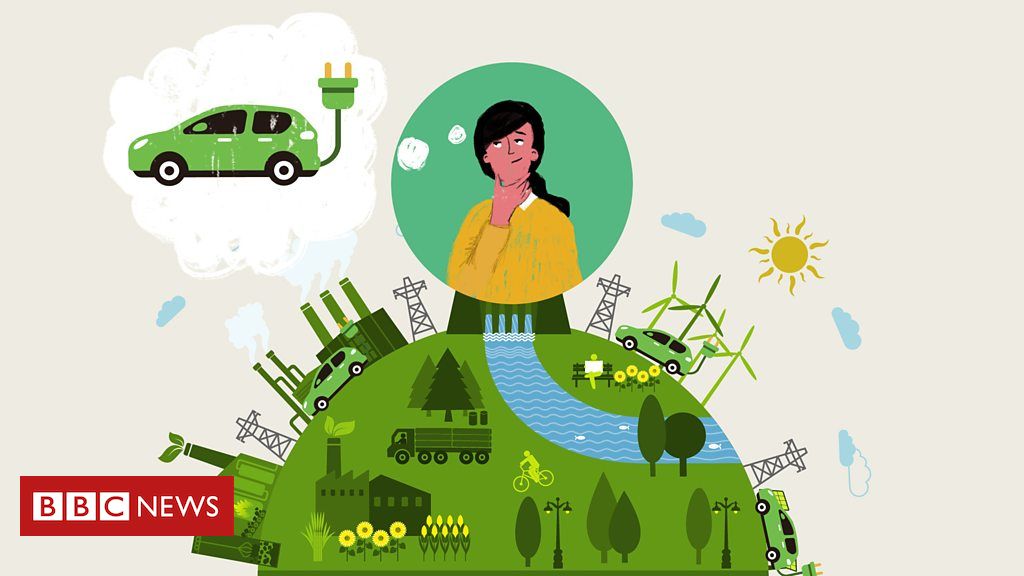According to the McKinsey Report on mobility in India, 40-50% of passenger vehicles will be electric vehicles by 2030. Battery technology has been quickly upgrading; as a result, charging time and battery price are both falling drastically. Moreover, the government has been bringing out favourable policies towards laying the infrastructure for ownership and operation of electric vehicles. Their attempt is to keep the air clean and fulfil their global commitment to climate control. Given the growing demand for vehicles in India and COVID-19 having accelerated preference for mobility by own vehicle, the future prospects for electric vehicles are brighter than ever before.
Electric vehicles in India are in a very nascent stage. We have just a handful of manufacturers producing electric cars, two-wheelers, three-wheelers and buses; and the adoption rate is very low. Though there has been a policy push towards electric buses, it has not been commonplace. The plans laid out in the National Electric Mobility Plan have been slow to take off. Bangalore and Delhi have made sporadic progress.
However, the strategic direction is clear that the manufacturing of battery and vehicles will be accelerated and the charging infrastructure will be ubiquitous sooner than later. How do companies prepare themselves for the future?
Challenges of a Sunrise Sector
Like the IT industry was in its nascent stages in the ’90s, electric vehicles are in a similar phase of evolution now. The sector is promising, however, the ecosystem is yet to grow fully. Investors are starting to focus on this sector in terms of actual investment dollars; similarly, top talent in the universities are starting to aspire to work in the sector. The momentum is just picking up.
Soon enough, we will see companies battling for talent in the market to fuel their growth, innovating people practices to retain and develop talent. Like the last few years have seen growth in activity in digital technology companies such as Edtech, Fintech, Agritech, Healthtech, Foodtech and more such, we will see investments in this sunrise sector.
What has COVID-19 taught us?
The pandemic has left nobody unscathed; we have to learn from this experience and move forward. People have appreciated the value of clean air and unpolluted environment. This feeling needs to be sustained in public memory and could be the base on which the manufacturers of electric vehicles can build the image for the industry and quell consumer concerns about using electric vehicles.
Secondly, the prospect for e-commerce has brightened because buyers want to avoid going into public places for non-essential purposes. Most people want to explore alternative ways of shopping rather than visiting shops, malls and restaurants. Thus, e-commerce has received the boost; in order to control the carbon footprint, they are likely to shift to electric vehicles. Favourable policies from the government could boost the demand further.
Thirdly, many people are concerned about commuting by public transport and looking to ride or drive by themselves or share the ride with someone they trust. Moreover, the wish of owning a bike or a car is in itself strong enough a reason to be gratified at the earliest. Electric vehicles segment has an opportunity here. Consumers have an affinity to certain brands and they have been buying IC-engines traditionally. These could be the hurdles the sector has to overcome to boost its demand. Again policy push could nudge the change that we want to see.
Where is the competitive advantage?
During this crisis, we noticed that the business continuity plans made with lots of care and wisdom did not help. There were disruptions in the supply chain, a severe decline in market demand, shortage of labour and several changes in the government regulations. No plan could have an answer to changes in so many parameters of the business.
Companies with a high degree of agility and flexibility in their working systems, processes and culture were able to shift work for many people to their respective homes, reopen manufacturing facilities with labour supply from the local pools and locate alternate routes and suppliers. They always held strong relationships with their suppliers and workers; as a result, they were fairly sure that they would get them all back to normal levels when they get back to pre-COVID volumes of production.
Hence, the culture of collaboration and partnership with stakeholders has proved to be critical; agility and flexibility have come about to be the competitive advantages.
EV sector is rising and slated to rise faster. We need to have agile practices, collaborative culture, innovative spirit and policy assistance on a sustained basis.


